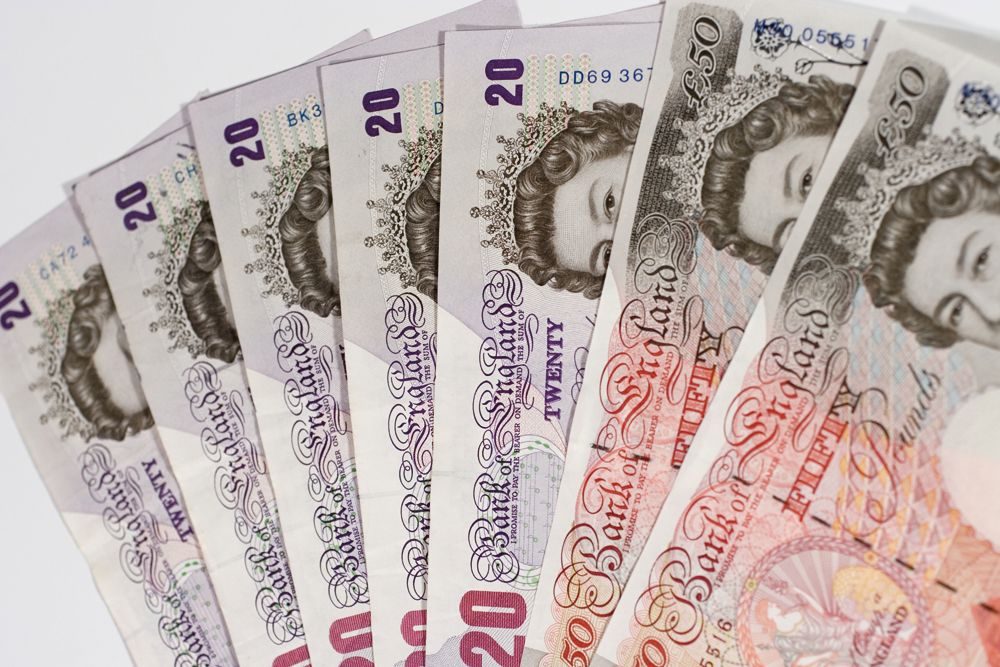Money Tips
Ten tax advantages of saving in an ISA

The new Personal Savings Allowance (PSA) and dividend income regime have left some people asking whether ISAs are still worthwhile. Here are ten reasons why they are a good option.
The UK savings landscape will undergo a dramatic transformation from 6 April with the launch of the Personal Savings Allowance (PSA) and a new dividend allowance.
Under the new PSA, basic rate taxpayers (20%) will be able to save £1,000 tax free and higher rate taxpayers (40%) will be able to save £500 tax free. Additional rate taxpayers (45%) are not eligible.
The new dividend tax regime will mean the first £5,000 of dividend income will be tax-free for all.
But saving in an ISA still makes sense for the vast majority of people, according to Danny Cox, chartered financial planner at Hargreaves Lansdown. Here are his ten reasons why:
1) The tax benefits are cumulative
A £15,240 ISA (the allowance for 2015/16) might generate £228.60 at 1.5% over a year.
Under the new personal savings allowance (PSA) both basic rate and higher rate taxpayers will pay no tax whether this amount was in a cash ISA or in a deposit account. However, once taxable savings exceed £66,666 for the basic rate taxpayer or £33,333 for the higher rate taxpayer, tax would start to be paid.
And when interest rates rise, the tax benefits rise. Balances of £20,000 and over would be taxable for a basic rate taxpayer if interest rates were 5% and £10,000 for a higher rate taxpayer. These balances can quickly be accumulated with the ISA allowance now at its highest ever rate of £15,240.
Had you fully invested in ISA since they started in 1999 you would have sheltered £163,320 from tax.
2) Additional rate taxpayers do not benefit from the PSA
Additional rate taxpayers pay tax at 45% on all their savings income and therefore using ISA saves £450 for every £1,000 of interest received.
3) Cash ISA rates average 72% higher than equivalent savings accounts
Savvy savers who shop around can benefit from higher interest rates on cash ISAs, compared to taxable deposit accounts. Currently immediate access accounts including bonuses average 0.47% compared to 0.81% in the equivalent cash ISA, according to the Bank of England.
4) Government bonus for first time buyers – New help to Buy ISA
The new Help to Buy ISA offers first time buyers the opportunity to save into a cash ISA where the government will add 25% of the amount saved at the point a property is purchased (to a maximum of £3,000 on £12,000 saved). Up to £1,200 can be saved in the first month with £200 per month thereafter. This bonus is not available from taxable deposit accounts.
5) ISA benefits can now be passed on to spouses (deaths on or after 3 December 2014)
ISA tax benefits can now be passed on to a spouse upon death, benefitting 150,000 married ISA savers whose partner passes away each year. In the Autumn Statement, Chancellor George Osborne announced that the ISA status will be maintained for ISA investments during the estate administration period, likely to be in place from April 2017.
6) Flexible ISA
Announced in the March Budget of 2015, from April 2016, ISAs will be able to offer the flexibility to allow savers to withdraw and replace their savings within the same tax year without losing the ISA tax benefits. This allows savers the opportunity to use cash held in ISA savings to cover short term capital needs, but replace them in time to retain the tax benefits.
7) Stocks and shares ISAs may cost no more than taxable investments
Investing via a stocks and shares ISA often costs no more than investing outside an ISA so the tax benefits are effectively free.
8) No restrictions on transfers between ISA
ISA savers and investors can now transfer their accounts without restriction or tax charge. Stocks and shares ISAs can now be transferred to cash ISAs giving savers and investors the full flexibility to move their ISA savings into the account which suits them best, whereas taxable investments would have to be encashed, leading to capital gains tax charges.
9) ISA income not counted in means tests
Income from an ISA doesn’t have to be recorded on your tax return and is not included in various means tests. For example, ISA income does not count toward the thresholds at which you start to pay the High Income Child Benefit tax charge (£50,000 and over) or start to lose personal allowance (£100,000 and over). Interest within the personal savings allowance and dividends within the dividend allowance can still absorb part of the basic rate tax band, taking you close to paying higher rate tax whereas ISA income does not.
10) Avoid the tinker man
Taxes change, and frequently. For example it would be easy for the current or a future Chancellor to decrease or even abolish the dividend allowance (currently £5,000) or perhaps increase the number of people who pay capital gains tax by cutting the capital gains tax allowance. Money sheltered in an ISA is much more protected from budgetary tinkering.